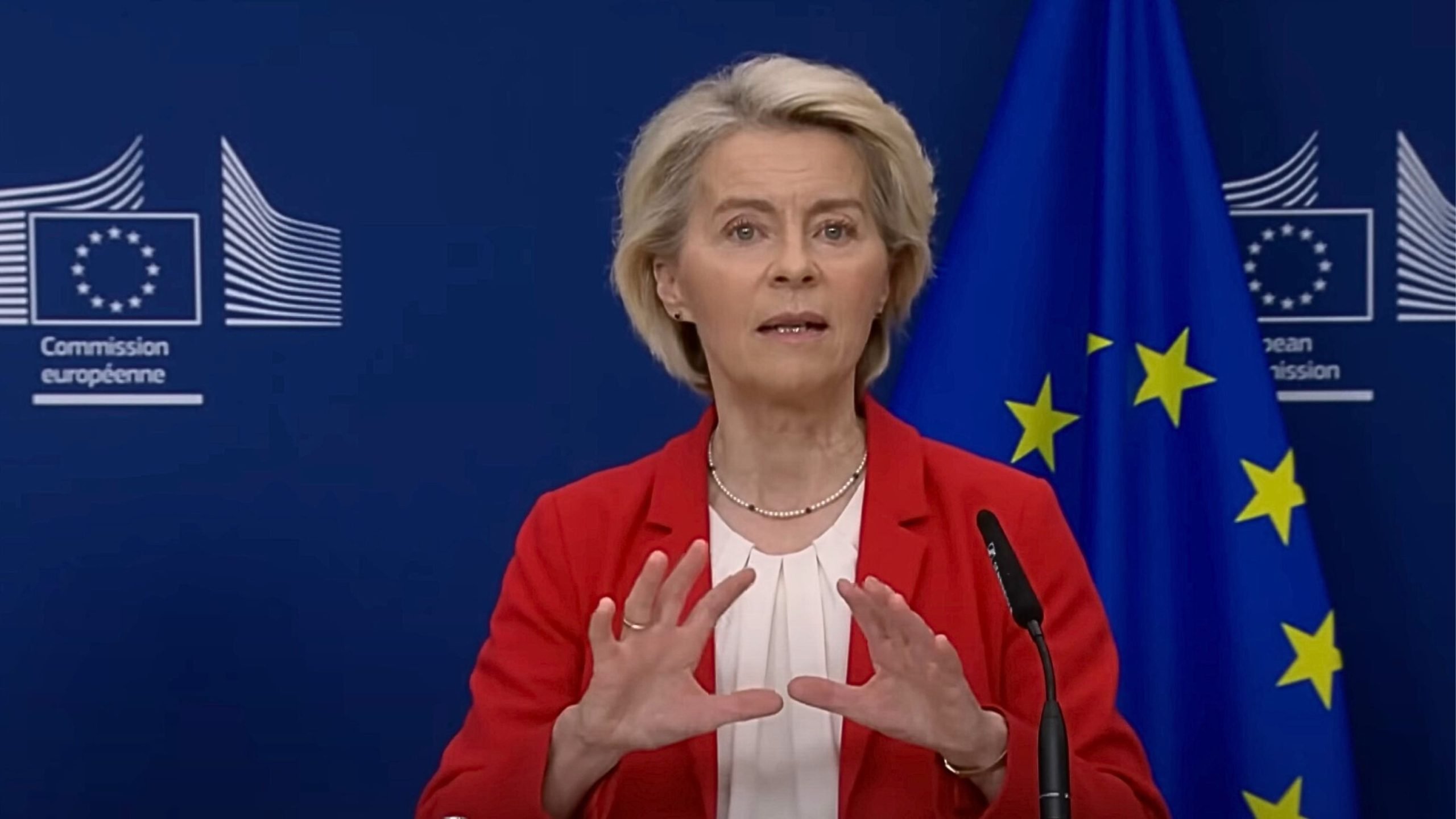As EU lawmakers push ahead with Chat Control 2.0, a proposal that would compel messaging platforms to scan private conversations, Commission President Ursula von der Leyen is once again being called out for sidestepping the very transparency rules meant to keep officials accountable.
The contrast is hard to ignore: while European citizens face the prospect of mass surveillance, von der Leyen continues to ignore the laws and conduct her own communications away from public view.
The latest case involves a message sent by French President Emmanuel Macron in early 2024, during a politically sensitive phase of trade negotiations with Mercosur.
Macron’s message, sent via Signal, reportedly voiced serious reservations about the deal.
When a journalist requested access under EU transparency laws, the Commission first ignored the request for over a year. It then claimed the message could not be retrieved, citing Signal’s disappearing messages setting, which automatically deletes texts after a set time.
This justification has prompted the European Ombudswoman, Teresa Anjinho, to launch a formal inquiry. Her office has requested documentation outlining the Commission’s policies on mobile messaging and message retention, and plans to meet with officials to clarify how the request was handled.
This isn’t the first time von der Leyen’s messaging habits have raised concerns. In the case known as “Pfizergate,” she was criticized for failing to preserve texts exchanged with Pfizer CEO Albert Bourla during Covid vaccine negotiations.
The Commission refused to release the messages, and it later emerged they had been deleted. The New York Times took the matter to court and won, with the European General Court ruling that the Commission had wrongly withheld information of public interest.
Despite these past controversies, little appears to have changed. The Commission claims that messages like Macron’s had no administrative or legal impact and therefore didn’t need to be archived.
Officials have also pointed to concerns over phone storage and security as reasons for using auto-deleting features. These arguments seem increasingly weak in 2025, especially when applied to discussions between heads of state.
The journalist behind the Macron request argues that such deletion practices make it nearly impossible to monitor how decisions are made at the highest level.
While the Commission argues that mass message scanning is essential for public safety, its own leadership operates in secrecy.
The contradiction is striking: as citizens are asked to surrender privacy, those writing the rules erase their own records.










